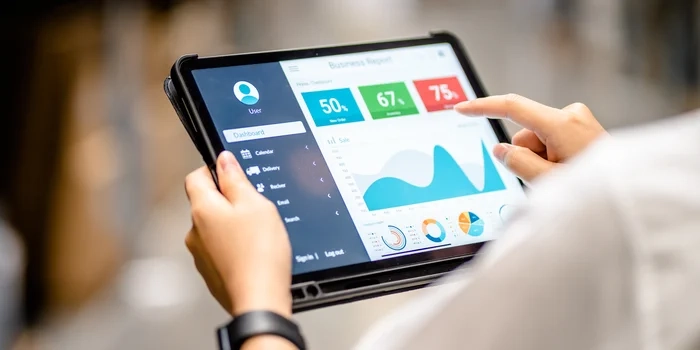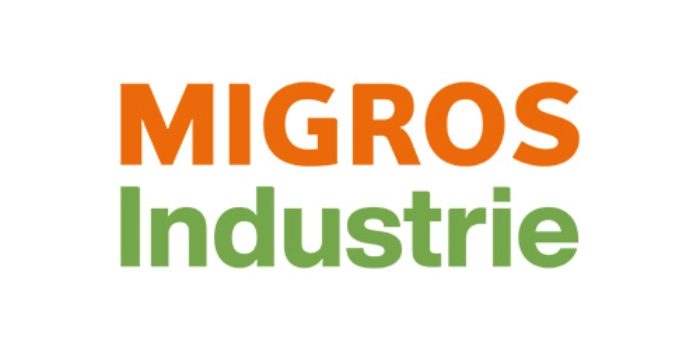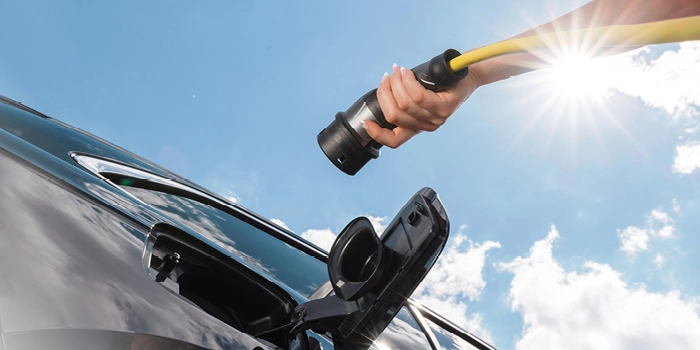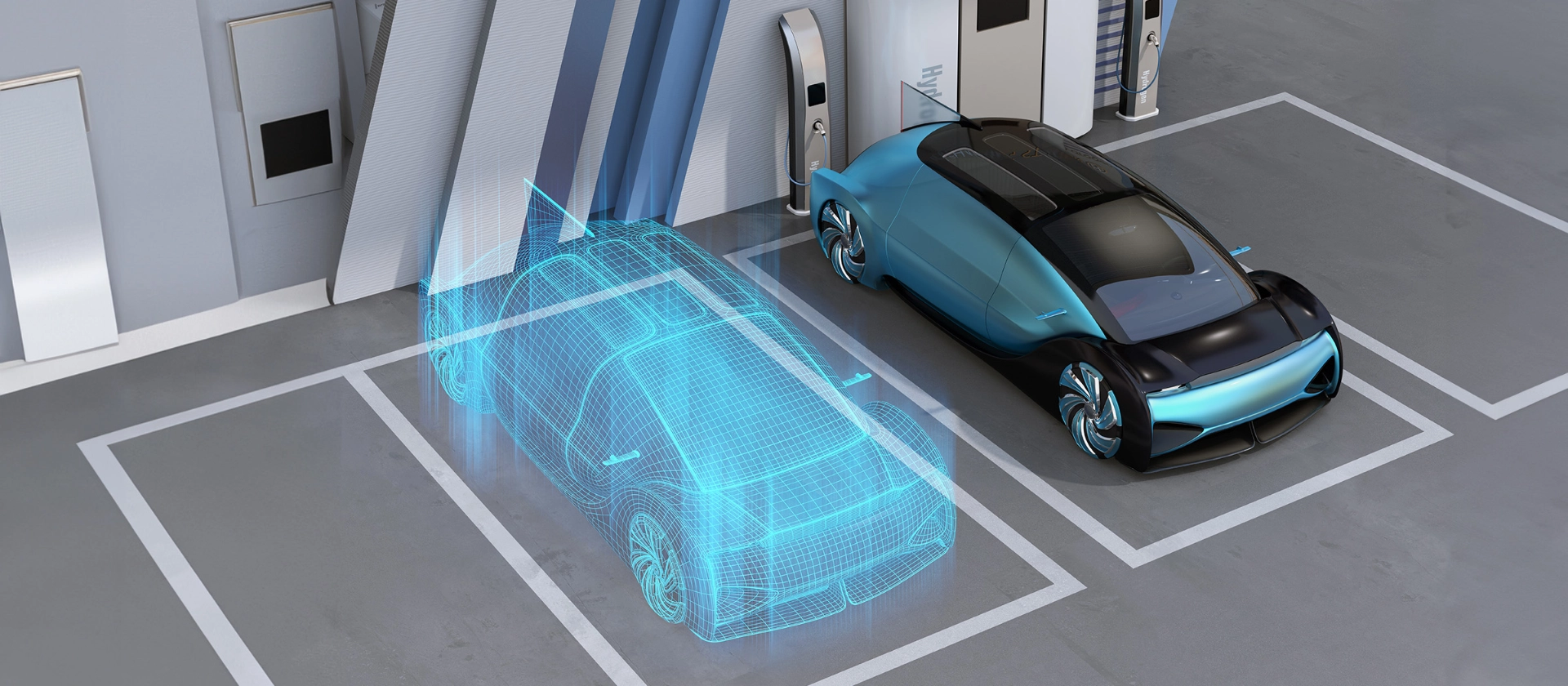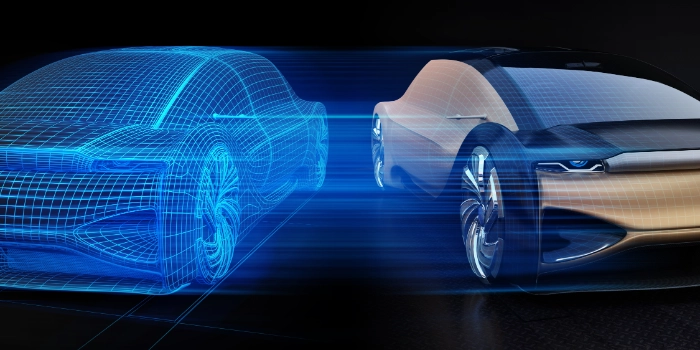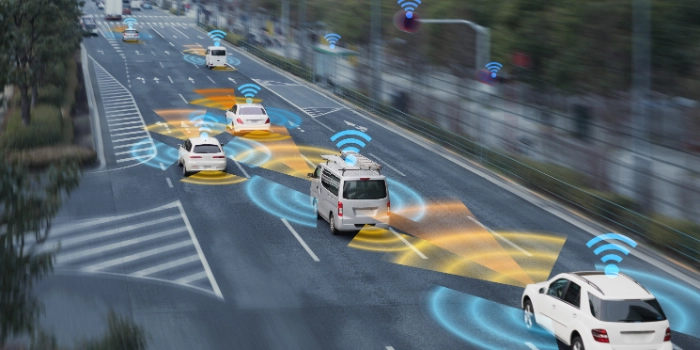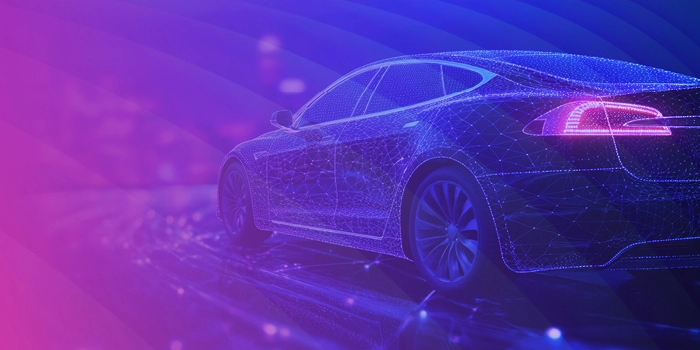SDV
Find out more about the challenges of developing software-defined vehicles, the balancing act between complexity and speed, and the growing importance of efficient processes and holistic tools
SDV
Discover how SDV creates new opportunities from consumer IT by utilising data and applying digital solutions for innovative functions and services in the automotive sector.
SDV
Learn how SDV has transformed vehicle software architecture and opened up new opportunities for automotive software developers.
SDV
Discover SDV.CLOUD - how cloud technology is changing the automotive industry, from development to innovative functions for digital mobility
Artificial intelligence
A comparison of classic algorithms and artificial intelligence for error detection in V2X data shows: The improved results of AI come at a high price.
SDV
Trust on a global level is not enough. Explore with us how your vehicles can trust data received via V2X.
SDV
The goals of V2X include improving safety and trust in road traffic. Discover how this works on a global scale and why it is not enough on its own.
Data-based ecosystems, SDV
The development of highly complex driving functions for autonomous driving requires improved sensors and optimized data use in the collaboration between automobile manufacturers, sensor suppliers and simulation development. Data ecosystems in conjunction with digital twins offer an efficient solution for safe and cost-effective updates.




